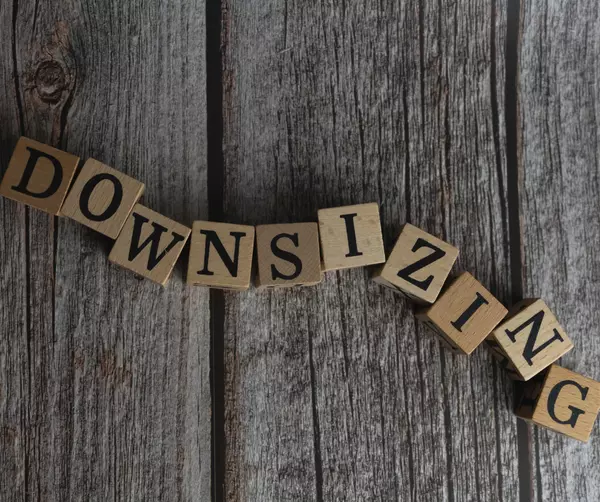5 Costly Mistakes First-Time Homebuyers Make (and How to Avoid Them)
Buying a home is one of the most exciting and meaningful milestones in life. Most people walk into the process knowing what their dream home looks like, what area they want to live in, and what they hope their mortgage payments will be. But here’s the catch: many first-time homebuyers overlook crucial financial and logistical details that can lead to costly regrets down the line.
In a competitive housing market where bidding wars and all-cash offers are becoming the norm, it's more important than ever to be fully prepared. Here are five common mistakes that first-time buyers make—and how to avoid them.
1. Ignoring All the Options
Homeownership is often praised as the ultimate financial goal. But is it the right move for you right now? If you only plan to stay in the home for a few years, the cost of closing fees, taxes, and upkeep might outweigh the benefits. Renting or waiting could be the smarter choice depending on your long-term goals.
2. Underestimating the True Cost of Ownership
A down payment is just the beginning. Many buyers forget to factor in ongoing costs like homeowners insurance, HOA dues, property taxes, maintenance, and unexpected repairs. If your savings go entirely toward the down payment, you may find yourself without a financial cushion when you need it most.
3. Skipping the Home Inspection
In a hot market, it’s tempting to waive contingencies to win the deal—but skipping a home inspection can lead to disaster. An experienced inspector might uncover issues that cost thousands to fix. Spending a few hundred dollars upfront can save you a fortune and protect your investment.
4. Expecting the Home’s Value to Skyrocket
Yes, real estate can appreciate—but it’s not a guarantee. Homes aren’t liquid assets, so relying on rapid equity growth or short-term resale profits is risky. Buy a home because it suits your lifestyle and financial situation, not just as an investment.
5. Overlooking Debt-to-Income Ratio
Your lender will review your debt-to-income (DTI) ratio to determine if you qualify for a loan. Even with a good income, carrying too much debt can derail your application. Avoid making large purchases, opening new credit cards, or taking out loans before applying for a mortgage. Also, monitor your credit score carefully—it can still affect your approval, even after you receive a pre-approval letter.
Final Thought:
Buying a home is a huge commitment—one that should be made with the guidance of professionals. A qualified real estate agent can help you navigate the process, evaluate market trends, and protect your interests. Don’t rely solely on online listings; get expert advice and make a confident, informed decision.
Recent Posts










GET MORE INFORMATION

